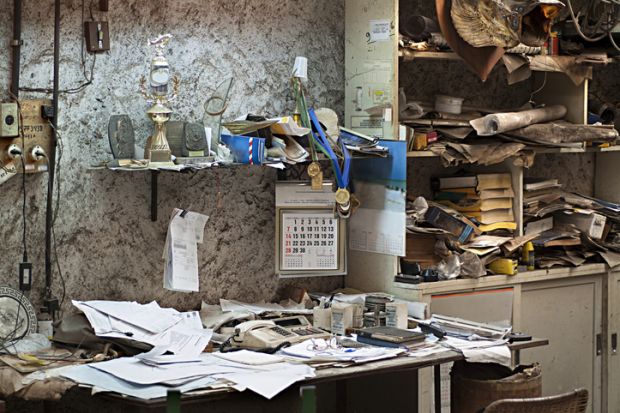The abandonment of the requirement for PhD theses in Pakistan to be examined by two overseas academics has been widely and justifiably criticised.
The Higher Education Commission’s January announcement is intended to make life easier for universities, supervisors and candidates. However, commentators argued that while it may be plausible in a developed country to ensure the thorough review of PhDs through domestic channels alone, it is not yet possible in Pakistan.
Even the introduction of the foreign assessment rule around a decade ago has not stamped out poor and abusive practices. One problem is nepotism. Apart from the handful of well-established universities, most degree-awarding departments in Pakistan are recently established – and heavily commercialised. Hence, many PhD supervisors are newly inducted and are often candidates’ classmate or colleague.
But favouritism is far from the only problem generated by a system that fails to incentivise competent and ethical supervision. Many academics do their best for their supervisees but there are also three interlinked categories of what we might call toxic supervisors. First, there are those who neglect their supervisees because they are busy with part-time teaching, prioritising social commitments or lacking interest in research. Another very common group may have a genuine research interest but know little about the candidate’s chosen sub-field. Third, there are apparently quality-conscious but incompetent and disorganised supervisors. These demand multiple revisions, putting their supervisees under so much pressure that they end up in hospital with stress or depression – all for very little in terms of substantive improvements.
Even high achievers suffer. Supervisors are quick to recruit them but treat them badly, competing with them and creating hurdles for them. For instance, a lecturer told us she prepared three PhD proposals and suggested supervisors with appropriate expertise for each. However, the head of the departmental research committee claimed that the quality of her proposals was poor, creating a situation in which she had to work with him instead – or quit. Such intellectual terrorism can leave long-term emotional scars.
Supervisors are rarely challenged over their behaviour: poor accountability and hurdles around anonymity and privacy mean that candidates rarely speak up. And when they do, toxic supervisors hide their own negligence and mediocrity by publicly blaming the supervisee. Universities themselves take a similar line, citing those rare examples of candidates with efficient and supportive supervisors who finish their PhDs within the stipulated eight years – even though most take between eight and 11.
According to the HEC’s chairman, Tariq Banuri (who was recently fired), the latest reforms are motivated by employer dissatisfaction with doctoral graduates’ skills and include new criteria to encourage universities to improve their selection, mentoring and evaluation of candidates. But the measures do not go far enough.
In that regard, more needs to be done to make sure candidates work with supervisors who are experts in the specific subfield and who do not have any personal relationship with the supervisee. Moreover, supervisors must undergo ethical and professional training and should be psychologically assessed before being handed such power over candidates. Supervisees should also be permitted to request a change in supervisor without any adverse consequences.
But none of this will happen unless the HEC takes a more hands-on approach. It should require graduating candidates to submit feedback about their supervision. It should establish an anonymous complaints system, automatically blacklisting supervisors when a certain number of complaints are received against them. And it should keep a close eye on universities’ evaluation systems, assuring that they are efficient, consistent and fair (giving due weight to proven capacity for independent research, for instance).
It is also important for supervisees themselves to take a stand. If they are insulted, manipulated or harmed, they must be prepared to leave – even if they lose a research opportunity and a lot of hard work by doing so. They should trust that they will find another opportunity – hopefully at a better university.
And they should be assured that by taking a stand they will be playing their part in ending a victim culture that harms both candidates and research alike.
Mehvish Riaz and Muhammad Rizwan Riaz are assistant professors at the University of Engineering and Technology (UET) Lahore. They are speaking in a personal capacity and refer to practices in Pakistani public and private universities in general.
POSTSCRIPT:
Print headline: Supervising the supervisors
Register to continue
Why register?
- Registration is free and only takes a moment
- Once registered, you can read 3 articles a month
- Sign up for our newsletter
Subscribe
Or subscribe for unlimited access to:
- Unlimited access to news, views, insights & reviews
- Digital editions
- Digital access to THE’s university and college rankings analysis
Already registered or a current subscriber? Login








